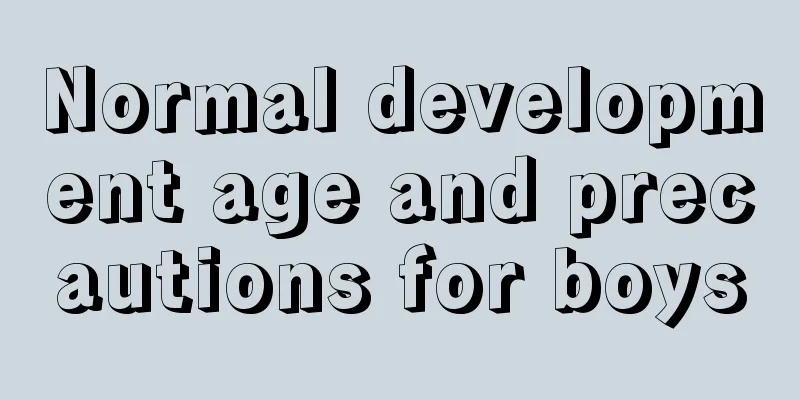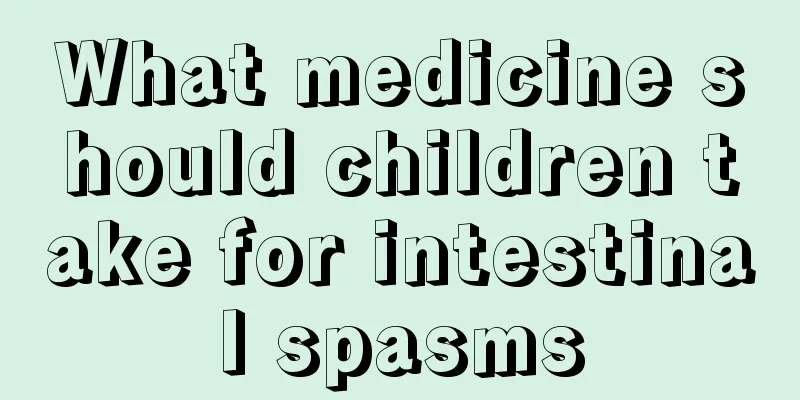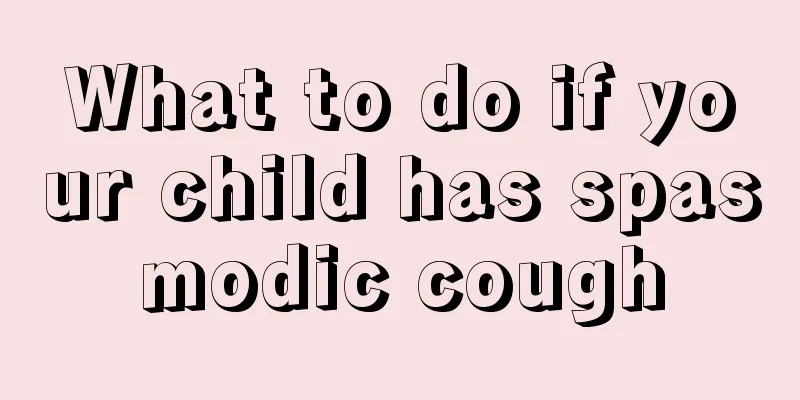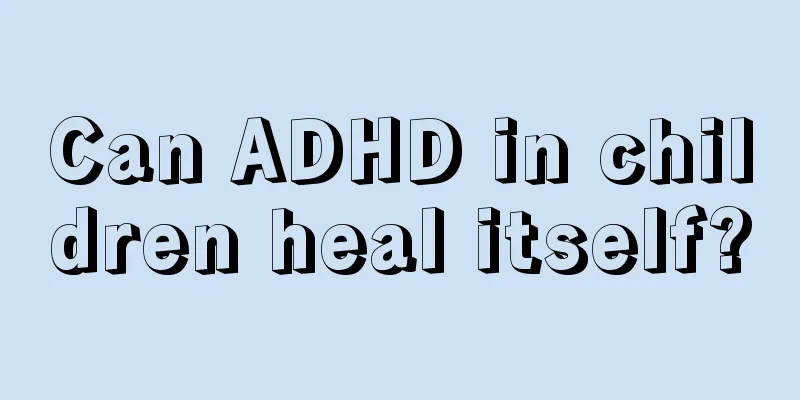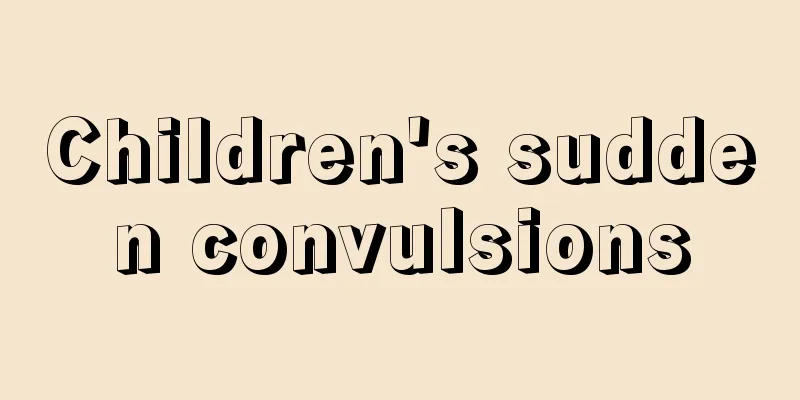The best time to treat astigmatism in children
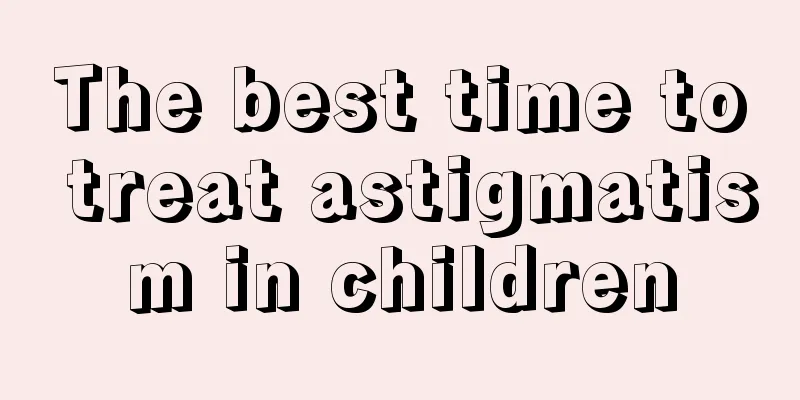
|
Astigmatism is a very common disease in daily life, and it is often seen among children. It not only causes great harm to the patient's eye health, but also seriously affects their normal life and work. Therefore, it is particularly important to find a scientific and effective treatment method. Children's astigmatism needs timely medical treatment to avoid missing the best treatment time. 1. The main symptoms of astigmatism The two main symptoms of astigmatism are reduced vision and visual fatigue. Myopia and astigmatism are no exception. When the degree of astigmatism is not high, if the work does not require precise vision, there are often no symptoms. However, when the patient is doing close and detailed work, the eyes are prone to fatigue and there will be temporary blurred vision. It may get better when the eyes are closed or rubbed, but patients are often not afraid of this type of blurred vision because changing from one focus to another may result in a clearer vision. But it is often necessary to use the accommodation effect when changing the focus. When adjustment becomes fatigued, vision becomes blurred and you need to close your eyes to rest. Such changes can easily cause fatigue and often forehead pain. For people with high astigmatism, it is often only blurred vision, while headaches or visual fatigue are mild or rare. However, when high astigmatism is close to full correction, these symptoms may occur instead, which is due to the remaining uncorrected mild astigmatism. In addition, they often squint their eyes to reduce astigmatism and move the objects they view closer to obtain a larger retinal image. For myopic astigmatism, although the distance vision is very poor, the near vision is still normal or close to normal. In addition, the near vision is often used continuously in daily life and work, which provides an opportunity for the myopia function to be exercised. Therefore, myopic astigmatism rarely develops disuse amblyopia. The most common method for children with astigmatism is to correct it by wearing cylindrical lenses, or by wearing hard contact lenses. For high astigmatism, surgical correction can also be considered. The following is an introduction to "Can children's astigmatism be treated?" 2. Can astigmatism in children be treated? The treatment of astigmatism in children mainly depends on the quality of vision and the severity of visual fatigue. If the child has regular astigmatism, does not cause visual impairment, and has no visual fatigue, no treatment is needed. If children have visual fatigue, no matter how large or small the astigmatism is, even if the astigmatism is very slight, they need to have their pupils dilated for refraction and wear appropriate corrective glasses. In principle, all degrees of astigmatism must be corrected, but if the child's astigmatism is too high and cannot adapt, he or she can first wear low-degree corrective glasses, slowly adapt, and then wear high-degree corrective glasses. Most causes of astigmatism are congenital, and different degrees of astigmatism will only be caused by the amount of eyelid pressure, which is also called general regular astigmatism. There is also acquired irregular astigmatism, such as inflammation of the cornea, infection caused by wearing contact lenses, or sequelae of corneal suture after surgery. Irregular astigmatism cannot be corrected with glasses sometimes. Ophthalmologists usually choose to use hard contact lenses or surgery to correct it depending on the situation. Most people with high astigmatism will easily experience eye fatigue and dryness, and the objects they see will be blurry and have overlapping images. Also because of the natural eyelid pressure factor, generally speaking, most people have astigmatism below 50 degrees. The symptoms of mild astigmatism do not cause a major impact on life and are not so obvious. Therefore, most people do not seek special treatment or correction. 3. Surgical treatment of astigmatism in children There are two ways to treat astigmatism: one is radial cutting, which is to make a horizontal cut on the part with a short driving radius to change its driving radius; the second way is excimer laser, which makes a cut on the surface of the black eyeball to make the curvature of the eyeball surface rounder. It should be noted here that the effect and durability of surgical correction of astigmatism will not be as significant as that of myopia surgery. The above introduces the daily health care knowledge about children's astigmatism. After reading it, you must have realized the great obstacles that astigmatism causes to vision. Because the symptoms of astigmatism are mainly reduced vision and visual fatigue, but for children with astigmatism, the treatment method can be selected according to the severity of visual fatigue. If the degree of astigmatism is too high, you can wear corrective glasses or undergo surgery. These treatments are very effective in restoring vision. |
<<: Transparent blisters on children's feet
>>: What to do if a 40-day-old child has a stuffy nose
Recommend
Reasons for baby's nosebleed during sleep
I believe everyone is very familiar with symptoms...
Will acute gastroenteritis in babies cause myocarditis?
If there is a baby at home, parents have a great ...
Treatment for a two-year-old baby's cough at night
We all know that many people have experienced cou...
How tall is a 17 month old baby?
Height is a very basic physical characteristic of...
Fever standards and treatment recommendations for young children
The standards and treatment suggestions for child...
Can children get rhinitis?
Rhinitis is a relatively stubborn disease, and it...
What to do if your child has an itchy throat, cough, and phlegm
In our daily lives, we often feel that our throat...
What are the causes of swollen eyelids in children?
Many children have poor self-awareness, which wil...
What should my child eat if he has a stomachache and vomits?
Stomachache is a common symptom in life. Many chi...
What is the situation of newborn baby shedding
In daily life, many new mothers will find that wh...
What is the height and weight of a 29-month-old baby?
Nowadays, most families have only one child, so p...
Children with autism rehabilitation training should pay attention to these points
If a child develops autism, it will have a huge i...
What should I do if my baby has inflammation and repeated fever?
If there is a baby at home, the baby's every ...
What are the benefits of baby massage?
Infant massage is essential. It is a medical meth...
What to do if baby has chapped mouth
The baby's skin is relatively delicate. In li...

